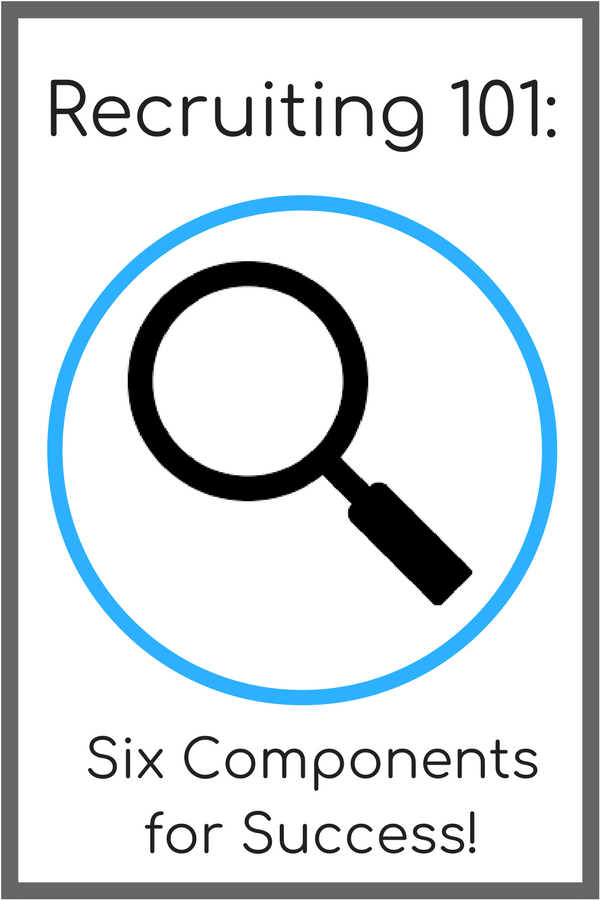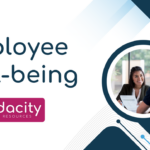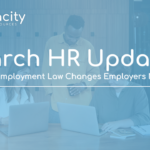5 Proven Workplace Tips
Research shows why civility pays and why employers should be paying attention. Here are 5 key workplace tips.
Disrespect Damages Productivity, Commitment, and Retention
A lack of civility by leadership and co-workers through rudeness and disrespect in the workplace can have a corrosive effect on employees and their performance. It can also have a detrimental effect on customers who also may experience or witness rude treatment.
A study cited in Harvard Business Review documented the negative affect on workers who have been on the receiving end of incivility.
- 48% intentionally decreased their work effort.
- 47% intentionally decreased the time spent at work.
- 38% intentionally decreased the quality of their work.
- 80% lost work time worrying about the incident.
- 63% lost work time avoiding the offender.
- 78% said that their commitment to the organization declined.
- 12% said that they left their job because of the uncivil treatment.
In addition, HR departments and managers end up spending time having to intervene or mediate when employees have come to loggerheads over uncivil behavior or treatment.
A Lack of Civility: The Ripple Impact
We know our actions impact others, so it is no surprise that incivility at work has an unfortunate ripple impact. In fact:
- 25% admitted to taking their frustration out on customers.
- 66% said that their performance declined.
Just image the price tag for your organization when an employee takes out their frustrations on a customer or key stakeholder or just don’t follow up because of a decline in performance.
Civility: Pay Attention to Small Actions
Small actions by leadership can have a big impact on workplace culture and set a civil tone. These can range from saying hello and making eye contact with fellow employees to asking for and listening to an employee’s point of view when appropriate.
One president was positively known for her personalized, hand-written cards to employees. These examples may seem like small things, but it has been documented that leaders who do not respect and acknowledge their employees through simple actions can affect productivity, engagement and retention.
“I’ve seen both overt and under the table bad behavior in the workplace” said Mary Nienaber, a career HR director. “It can be leaders actually raising their voice at employees or more subtle behavior where you sense this undercurrent of micro aggression with individuals in charge. We see it modeled by some of our national leaders which says it’s OK to be rude and belittling. That’s how you lose good employees. It really starts at the top.”
Model Civility in All Forms of Communication
Employees may hear and see rude behavior in the workplace but they can read it, too, in emails written with disrespectful words. Emails are open to interpretation because of their delivery lacks the dimension of eye contact and tone of voice so be sure of content and intent when communicating by email.
Recognize the Importance of Professional and Personal Touch Points
Everyone can probably recall a workplace experience about being overlooked for input, being criticized in front of peers, or lack of acknowledgement and credit on work projects.
Employees also cite the lack of civility in being treated with respect when they experience major life events such as births or deaths in the family, illnesses or other transitions such as marriage, divorce or retirement.
Here are several examples:
- Following a major surgery, Abby went on extended medical leave from work. The company practice for years had been to send get-well cards and flowers to seriously ill employees. Abby heard nothing from work during her recuperation. Her boss did not wish her well before her surgery and when she returned to work, the boss dismissed her with a comment about not wanting to hear about it. This lack of kindness and respect was demoralizing to the employee.
- Tim, a well-respected employee, retired after a great career. The office typically hosted a cake and coffee reception for retirees. Tim’s boss, the head of the department, did not show up to the party (although the boss was in the office) or offer any words of congratulations to the retiring employee. Other employees noted the boss’s absence from the event and commented on the rude behavior.
As discussed above, a lack of civility also has the potential to negatively impact the customer experience.
Setting the Tone
Civility and respect start at the top of an organization and set the tone for the positive or negative culture of a workplace.
Leaders, managers as well as customer service representatives have the power and responsibility to pay attention and model respectful behavior in their language and actions in order to influence a healthy and productive workplace.
For more insight on workplace wellbeing, read our blog post here!
About the Author
HR thought leader, Stacy Johnston, provides innovative HR solutions with a mission to support organizations in understanding and engaging their biggest competitive advantage… their employees. Johnston writes and speaks about contemporary HR topics. She is a licensed attorney and holds the SHRM-CP and PHR credentials.

Interested in ongoing HR expertise, compliance assistance or more HR tips?
Check out our online resources or reach out to us for a free and confidential consultation at info@audacityhr.com
Resources
Looking for training resources? Check out our online options!







